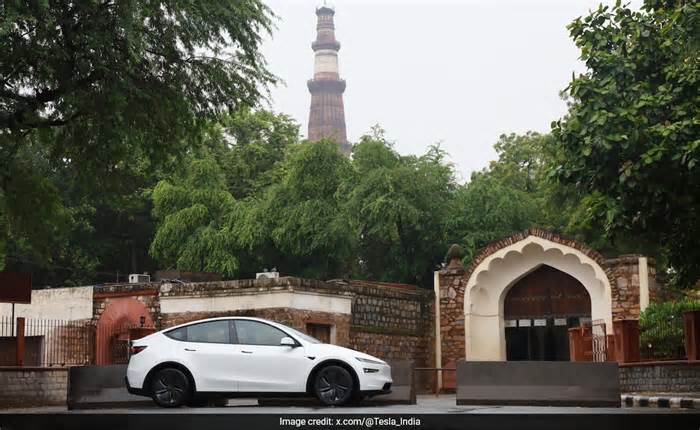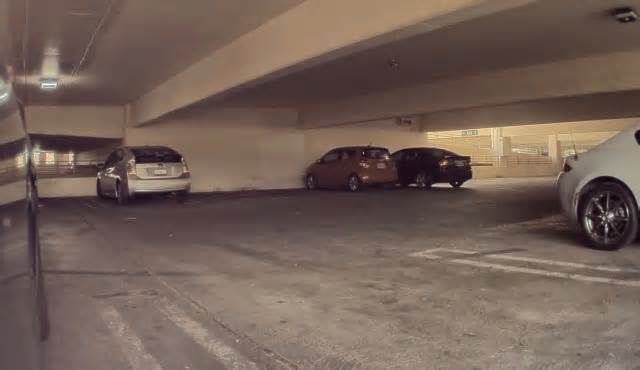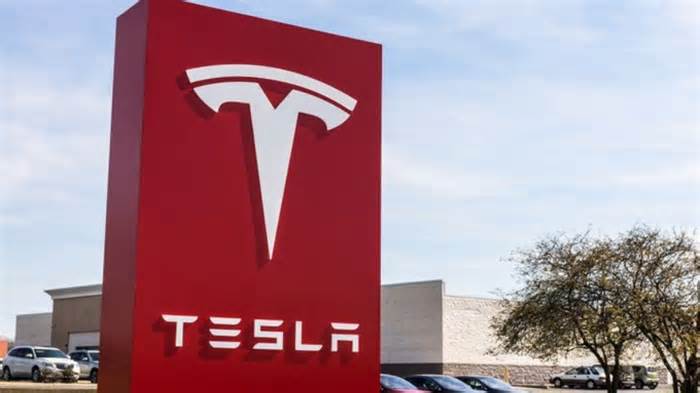
SpaceX’s Starlink and other satellite internet providers are making ...
- by The Verge
- Mar 21, 2023
- 0 Comments
- 0 Likes Flag 0 Of 5

Mar 21, 2023, 7:48 PM UTC
People watch the launch of a SpaceX Falcon 9 rocket carrying 21 second-generation Starlink satellites at NASA’s Kennedy Space Center on February 27th, 2023.
Photo by Chandan Khanna / AFP via Getty Images Light pollution is even worse than satellites show us
The authors of the perspective paper calculated what impact that increased brightness would have on a major survey of the night sky planned to start in 2024 at the Vera Rubin Observatory in Chile. Data from the survey is expected to yield new insights into how the Milky Way was formed, the properties of dark matter and dark energy, and even the trajectories of asteroids that could potentially be headed toward Earth. But the observatory’s discoveries could be impeded by the proliferation of satellites, according to the paper. Specifically, brighter night skies lead to a significant loss in efficiency and could cost the project millions of dollars.
Light reflected by objects in low Earth orbit would increase the background brightness for the study by 7.5 percent by 2030 compared to an unpolluted night sky. That interference could cause the project’s costs to balloon by nearly $22 million, the researchers found. That’s because, with a brighter night sky, researchers have to increase exposure times to spot faraway objects. And scientists might miss more faint objects in a brighter sky, the paper warns. Rising costs and competition for telescope time could also make it more difficult for astronomers from smaller institutions and underrepresented backgrounds to conduct their research.
Photobombing satellites are another growing problem for astronomers. Satellite trails appeared in 2.7 percent of images taken with an 11-minute exposure time by the Hubble telescope between 2002 and 2021, according to another article published in the same journal earlier this month. That figure could rise to as much as 50 percent of images by the 2030s. Similarly, 30 percent of the images taken in the Vera Rubin Observatory’s survey could contain a satellite trail if SpaceX succeeds in sending 42,000 satellites into space.
“Who will be left holding the bill for such damage in unregulated terrain?”
SpaceX didn’t respond to a request for comment by The Verge. But in January, the National Science Foundation announced an agreement with SpaceX to work together to limit the company’s impact on astronomy, which included recommendations to reduce the optical brightness of its satellites. The company published its own paper last year that describes its efforts to design satellites that reflect less light.
Tweaks to satellite design haven’t fully eased researchers’ concerns. Those kinds of changes might make satellites less visible in images by reducing streak brightness. But they could pose new problems because darker objects can appear brighter in infrared and submillimeter wavelengths, according to the perspective authors. Nor will new designs fix problems caused by small chunks of debris, which are responsible for a lot of the increase in night sky brightness. Continuing to crowd lower-Earth orbit with satellites only increases the risk of accidental collisions that create more debris.
For all those reasons, governments need to start cracking down on satellite launches, the researchers argue. A comment paper published yesterday in the same journal goes as far as to say, “Now is the time to consider the prohibition of mega-constellations.”
Yet another paper in the journal makes the case for protecting space as a shared environment like people might on Earth. That could include mandated environmental assessments for satellites and coordinated international regulation, the paper says. Without thinking through ways to mitigate risks early on, University of San Francisco professor Aparna Venkatesan writes in Nature Astronomy, “Who will be left holding the bill for such damage in unregulated terrain?”
See More:
Please first to comment
Related Post
Stay Connected
Tweets by elonmuskTo get the latest tweets please make sure you are logged in on X on this browser.
Sponsored
Popular Post
Sam Altman's OpenAI Takes On Elon Musk's Grok in AI Chess Tournament Final - Who Won?
28 ViewsAug 09 ,2025






 Energy
Energy


















